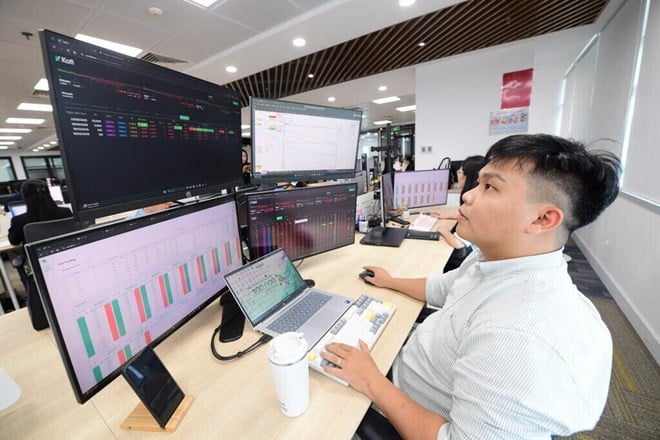
The information that investors are particularly interested in is that in less than 48 hours, FTSE Russell will publish the FTSE Stock Country Classification Report for September 2025. Notably, Vietnam is on the watch list and is highly appreciated by FTSE for its ability to be reclassified from a frontier market to a secondary emerging market.
The positive outlook was quickly realized as soon as the morning trading session of the first week of October 6th began. After a long period of relative calm, the group of securities stocks suddenly became the center of the market when strong money attraction
The massive influx of money caused a series of large codes such as CTS, SSI, VND to simultaneously increase to the ceiling, with no sellers. Familiar names such as HCM, FTS, VIX also recorded impressive increases of 4-6%, while liquidity exploded with SSI, VND, VIX, SHS dominating the entire market rankings.
VN Index rebounded strongly under the pressure from buyers, at one point the index "vertically" increased by more than 40 points. Although the increase cooled down due to foreign selling, VN Index still ended the morning session with an increase of more than 33 points, equivalent to 2%, to nearly 1,680 points. Liquidity also improved strongly with more than 622.6 million shares matched in the morning session alone, equivalent to a transaction value of VND 18,239 billion.
For over a month, VN-Index has maintained a sideways state in the accumulation zone. It is worth noting that although foreign net sellers quite strong, the demand from domestic investors - including individuals, organizations and self-employed - has absorbed this supply well, helping the index not fall into deep shocks. This is a manifestation of the increasing resilience and initiative of domestic capital flows.
To better understand the motivation for foreign net selling, it is necessary to put it in the context of the upgrade. As Vietnam moves closer to emerging market status in the FTSE basket, there will be a short-term shift in capital flows: passive frontier funds will be forced to sell, while passive EM funds will buy to simulate the new index.
Active investment funds are more flexible and in fact, many funds already hold Vietnamese stocks. Therefore, the current selling pressure is likely just to “clear space” for the upcoming larger cash flow.
According to HSBC's Global Investment Research, net foreign buying after Vietnam's market is upgraded could reach from 3.4 billion USD (equivalent to 0.6% of the EM basket) in the base case to 10.5 billion USD (equivalent to 1.5% of Indonesia) in the best case. ETF cash flow can be disbursed almost immediately, while active funds will allocate gradually.
Thanks to the good absorption from domestic investors, VN-Index maintained its accumulation status instead of weakening. Once the upgrading process is realized and foreign capital flows return, the market can completely enter a new uptrend with a more sustainable foundation.
Large-cap stocks on HOSE are likely to be added to the index basket, as they meet the criteria of FTSE EM, including: VIC, HPG, VCB, VHM, MSN, SSI, VIX, FPT, VJC, VNM, VRE,SHB , VND, STB, GEX, EIB. More importantly, the moves to reform market operations to attract foreign capital such as operating the Clearing Center, intraday trading... to be carried out next year will be a significant boost.
Source: https://baoquangninh.vn/co-phieu-chung-khoan-bung-no-truoc-thoi-diem-nang-hang-3378853.html



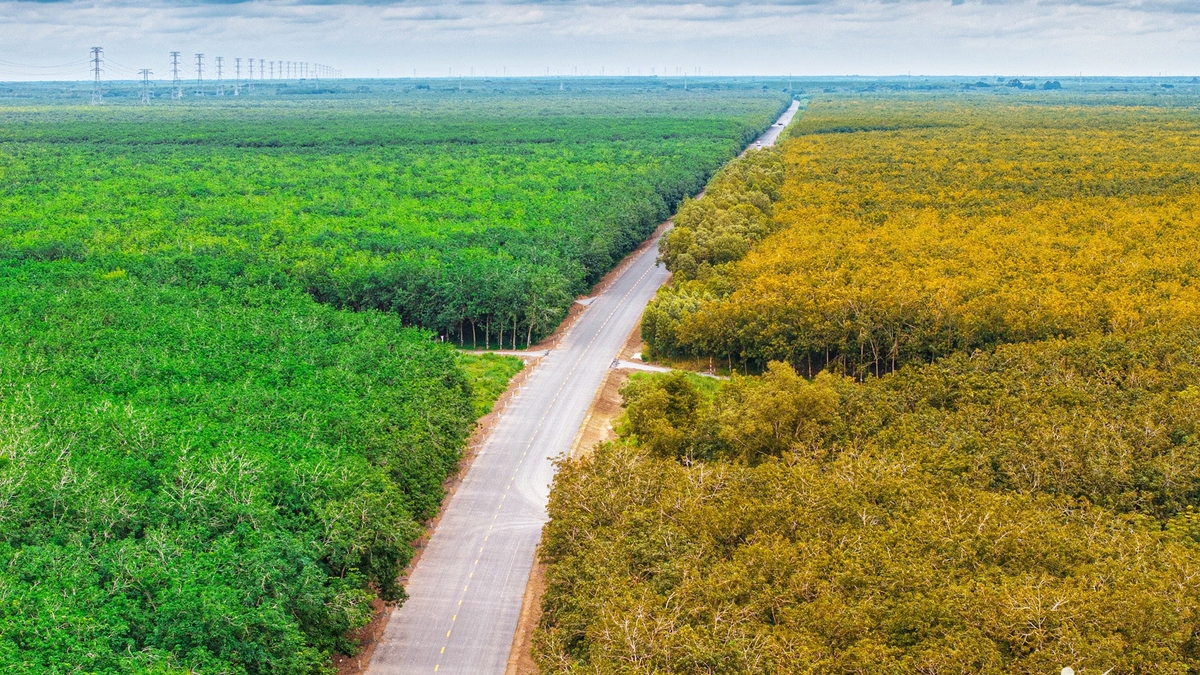




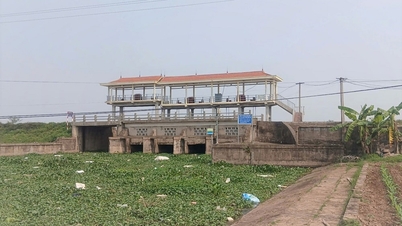



















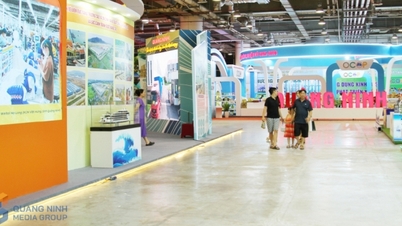











































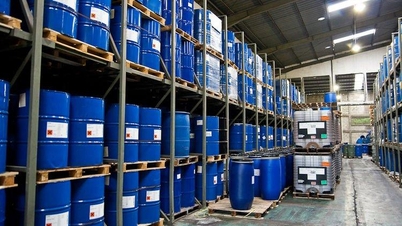




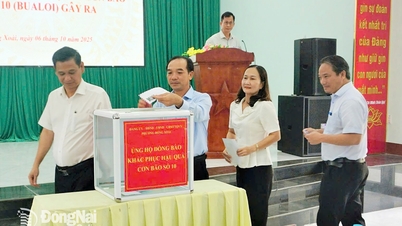


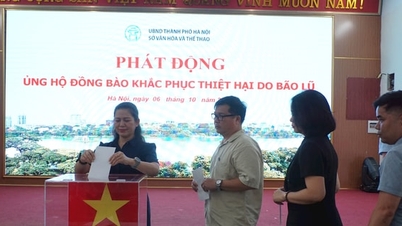
















Comment (0)